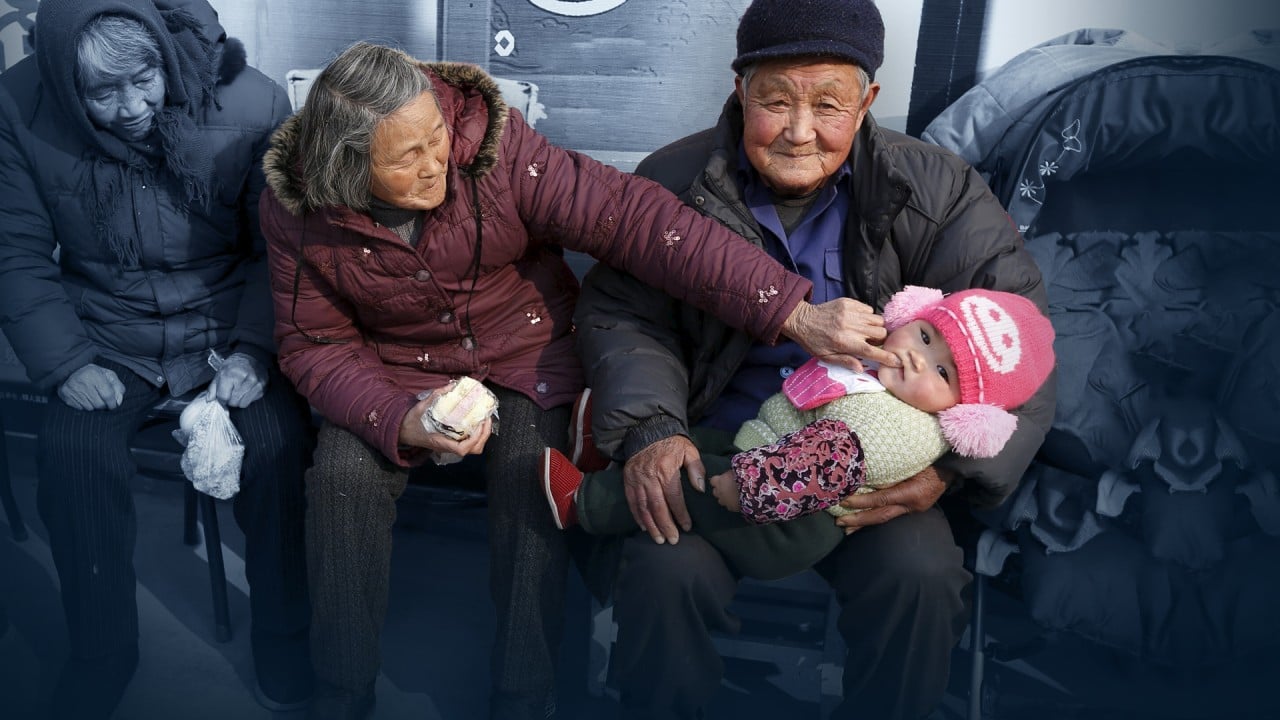Advertisement
‘Obesity paradox’: study of elderly Chinese finds higher BMI linked to lower mortality
- Team suggests higher body mass index may indicate a person has better nutrition and this benefit potentially outweighs harm of being overweight, but further study is needed
- Research focuses on Chinese people aged 80 and over and results may not apply to other age and ethnic groups, such as those in Western countries: paper
Reading Time:3 minutes
Why you can trust SCMP
11

Being overweight or mildly obese is linked to reduced mortality for Chinese people aged 80 and over, challenging the optimal body mass index (BMI) for the age group, according to a 20-year study.
Advertisement
The findings, based on research on more than 27,000 older people in China, suggest the ideal weight for the elderly population may need to be revised upwards and more attention should be paid to preventing older people being underweight and losing weight, the researchers said.
“The obesity paradox suggested that the optimal BMI was likely to be sensitive to age and may be around overweight or mild obesity for the oldest old,” the team wrote in a study published in the peer-reviewed Nature Ageing journal on Monday.
“It challenges the application of international and national guidelines on optimal BMI to this population,” said the scientists from the Chinese Centre for Disease Control and Prevention and health researchers at universities in China and the United States said.
“More attention should be paid to adequate nutritional support and prevention of underweight, and the maintenance of optimal body weight and body composition in the oldest old to promote healthy ageing.”
China is placing more focus on elder care as its population rapidly ages. The number of people aged 80 and over reached 35.8 million in 2020, and is expected to triple by 2050.

Advertisement
